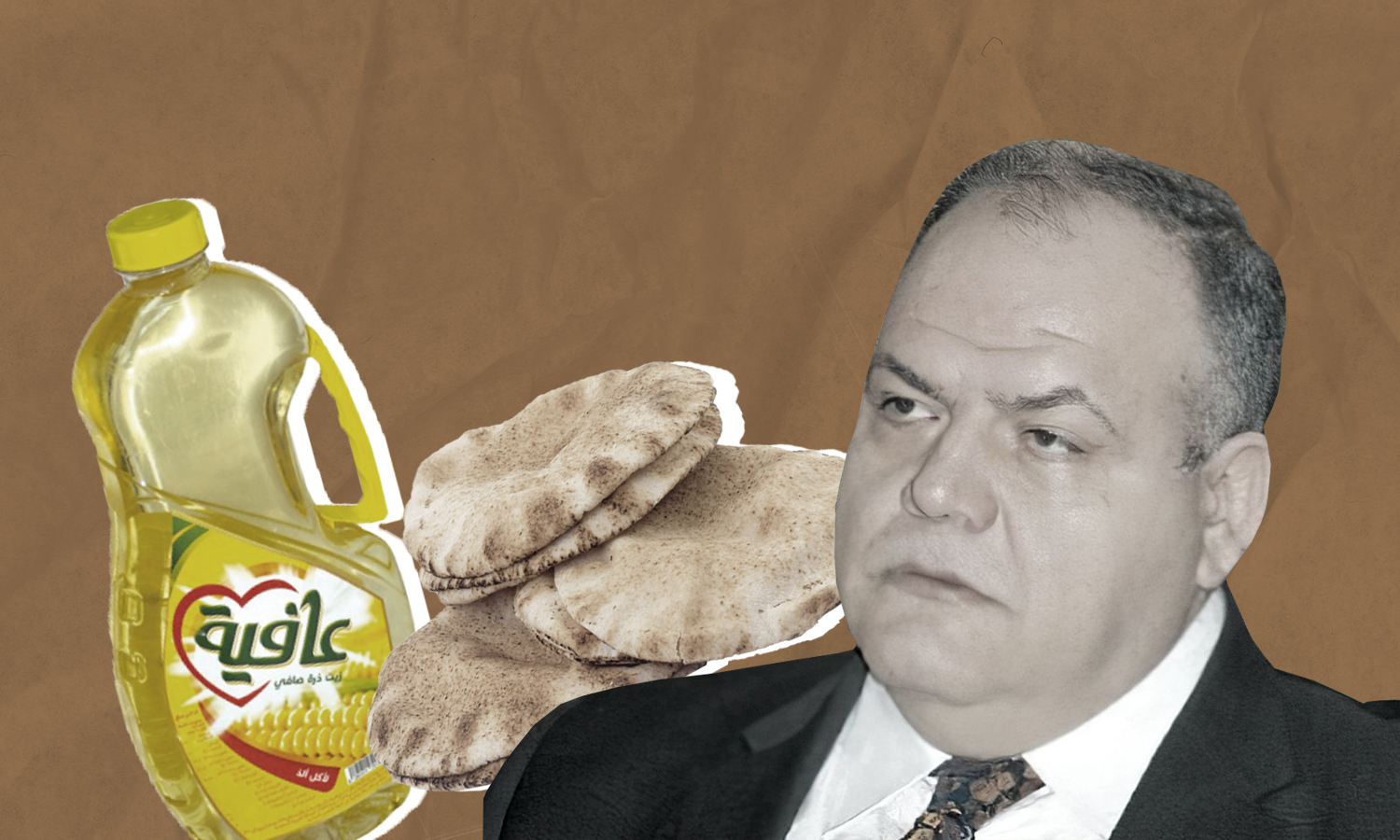The Minister of Internal Trade and Consumer Protection issued a decision that any person who gives his ration card to others to access the items covered by it has contravened the provisions of Decree No. 8. The penalties under the degree range from fines to imprisonment.
Here we ask the Minister: On what basis has anyone who gives his card to others considered to be engaged in trafficking? We present the following arguments to him:
Source of income
Um Seif, the wife of a building developer in a suburb of Damascus, says: “I have ten ration cards, which are in the names of people who are wealthy. I do not trade the cards; instead, I use the bread and sugar entitlements. This gives me fair compensation for my labor, which is standing outside a bakery for hours. In exchange, my husband collects the gas cylinders for the cardholders and delivers the cylinders to them. They thank him for his work, and I have enough rice for my family. My living is based on these ration cards. Yet, suddenly, my husband asked me to return the cards to their owners. When I asked why, it turned out that he feared punishment after the decision was issued.”
Read Also: Minister: No Subsidies for Employees Owning More Than a House and Car
Abdul Rahman Malati, a teacher, told Tishrin: “My parents, along with most of the other residents in their building, give their ration cards to one person, who buys bread on behalf of those who do not have time to stand in the bakery queue for hours. After the decision, however, the cardholders took the card back from that person, for fear of punishment. Accordingly, the decision forces them to buy bread at much higher prices from bread merchants scattered in the streets.” Everyone knows, Malati said, that some bakeries hand out large quantities to trade without the ration cards.
Prelude to raising support
The government newspaper Tishrin conducted a poll, in which a group of different demographics participated. The poll showed that the decision had impacted more than 80 percent of the respondents, specifically in terms of access to bread. These respondents wished that the ministry would exclude bread from the decision.
Economist Dr. Nisreen Zureik believes that what is happening is only a prelude to withdrawing bread and fuel subsidies. That is, the Ministry of Internal Trade will maximize its profits in order to fight rising prices.
Dr Zureik adds: “As long as there are queues at the bakeries, the decision will definitely harm many people, and whoever closes work opportunities, has to find a real alternative from which people can live. It makes you wonder: how will everyday workers—especially in a country where the prevailing circumstances force you to work in more than one job—be able to make ends meet if everyone is required to stand outside bakeries for hours? Does the worker quit the job? Or should the worker take a five-hour unpaid break from work, for example? Those who do not want to wait long can pay more to get the service faster. This is known as the “resource scarcity solution;” it has operated in Syria, for instance, when the government increased charges for an urgent passport application.
This article was translated and edited by The Syrian Observer. The Syrian Observer has not verified the content of this story. Responsibility for the information and views set out in this article lies entirely with the author.


